(ECNS) -- China's first large-scale closed intelligent connected vehicle test field will commence operations next Tuesday, according to the China Automotive Technology & Research Center Co., Ltd.
The Yangtze River Delta (Yancheng) Intelligent Connected Vehicle Test Site, constructed with an investment of 1.5 billion yuan (about $0.2billion), is dedicated to the research and testing of intelligent connected vehicles and autonomous vehicles.
Its intelligent connected tunnel is the first and only real such scenario built within a closed vehicle test site globally.
The tunnel spans 840 meters in length, has a two-way four-lane design, reaches 13 meters underground, includes an S-shaped curve extending 350 meters, and features underground diversion and convergence ramps.
It meets all testing needs of intelligent connected vehicles in a real tunnel scenario, enabling the testing of perception, computing, decision-making, and execution functions of intelligent connected vehicles when there is no GPS positioning signal and network signals are shielded.
The straight section of the multi-lane performance road for intelligent connected vehicles is 2100 meters long, 24 meters wide, and has six lanes , with a maximum test vehicle speed of up to 160 kilometers per hour.
When combined with the intelligent connected high-speed loop, the test roads can reach 10 lanes. The design also considers the future testing requirements of flying cars and can serve general aviation aircraft testing.
Additionally, the intelligent connected urban block covers an area of about 660,000 square meters and includes an urban scene simulation area, a rural scene simulation area, and a meteorological scene simulation area.
It deploys the latest generation of integrated 5G-A communication network base stations, numerous roadside perception devices, and edge computing capabilities. It can support conflict testing of complex traffic participants in different road conditions at high, medium, and low speeds, autonomous driving tests under various weather conditions, and vehicle-road collaboration function testing.









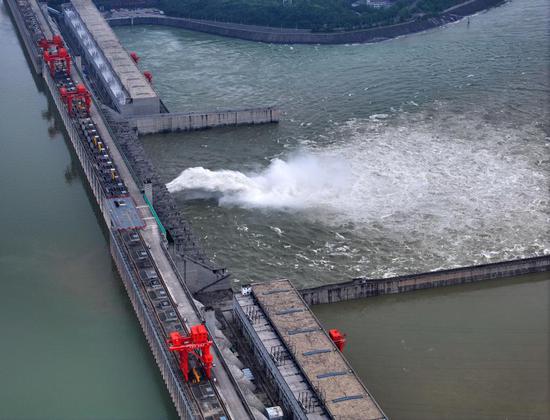

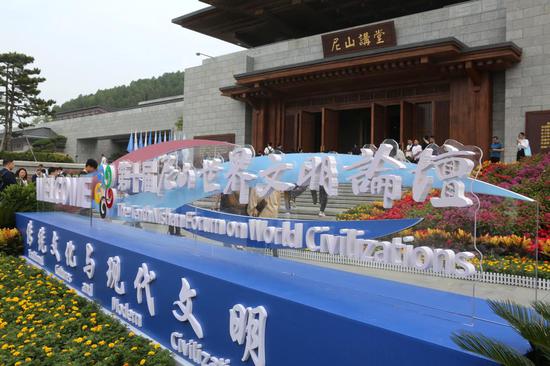





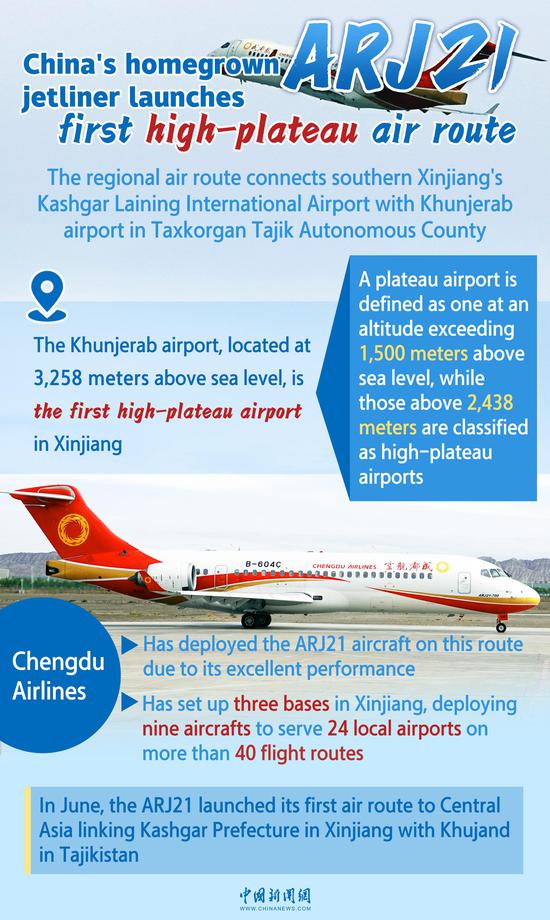



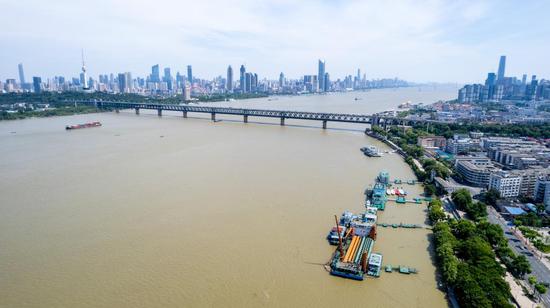

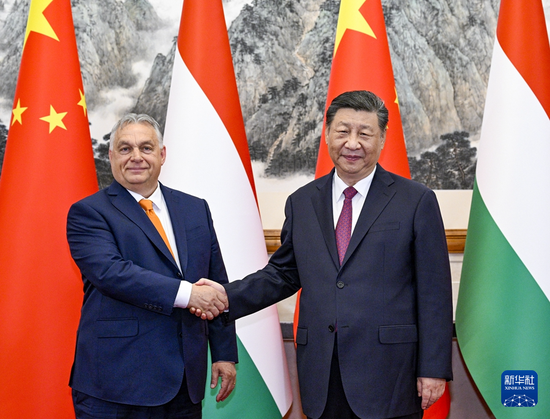


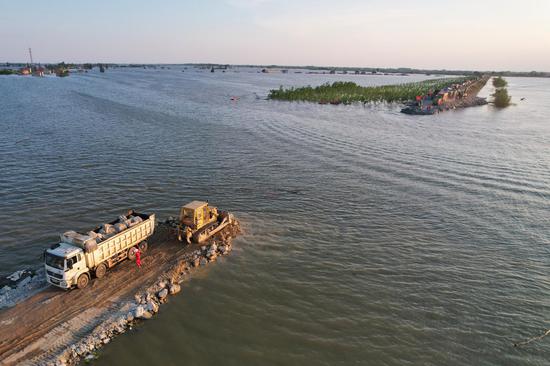
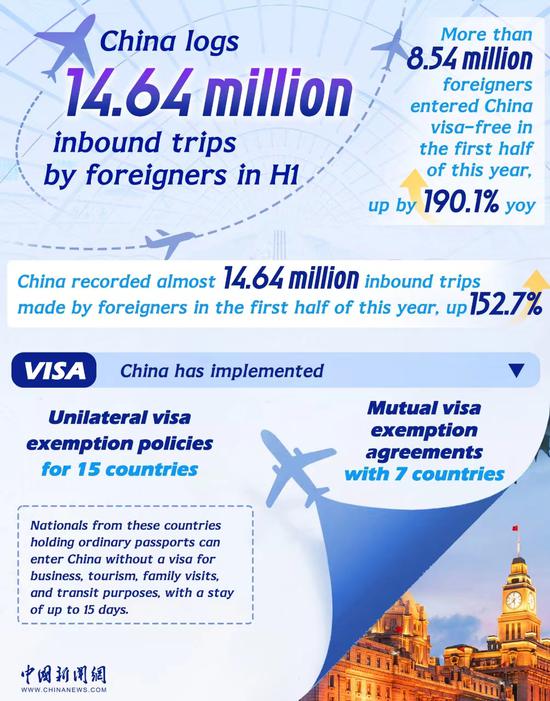
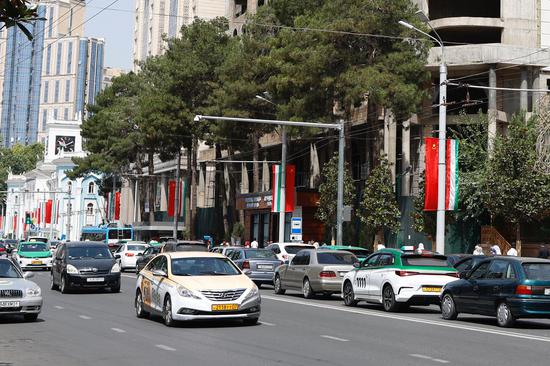



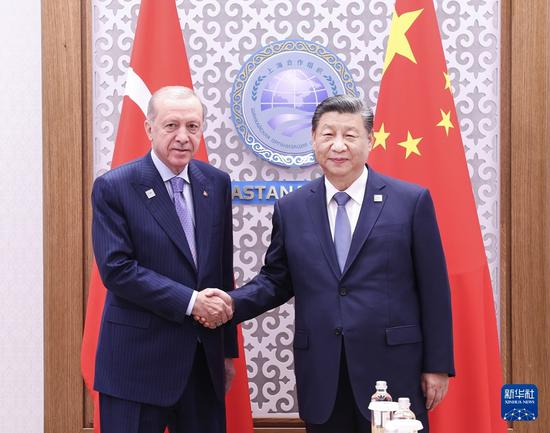


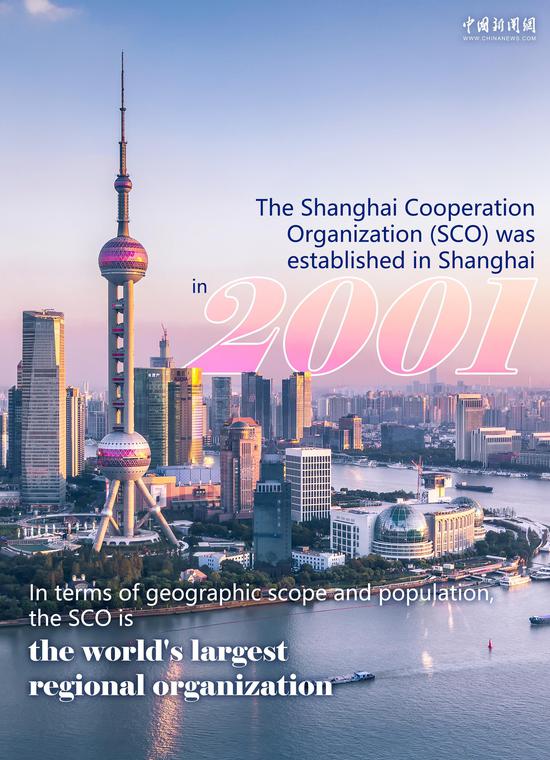


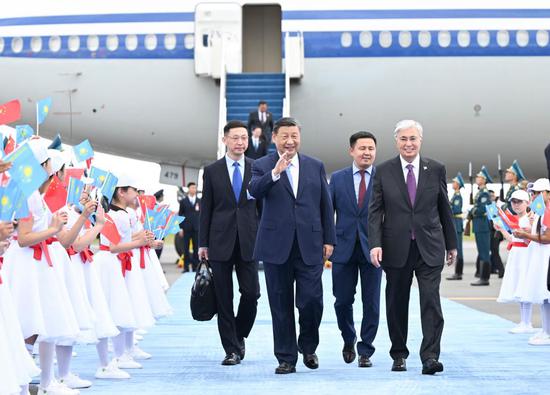
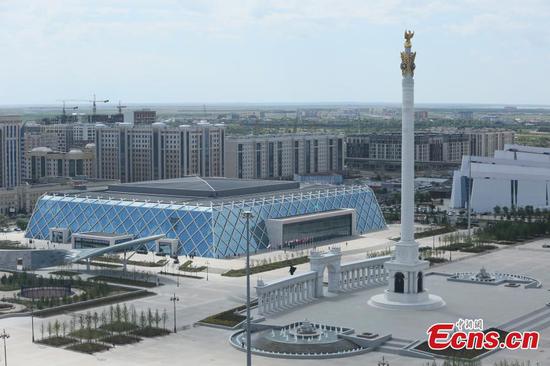



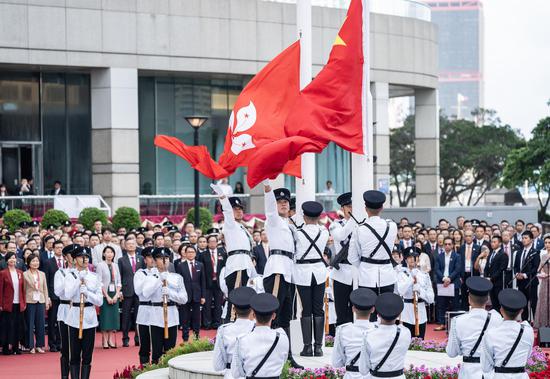
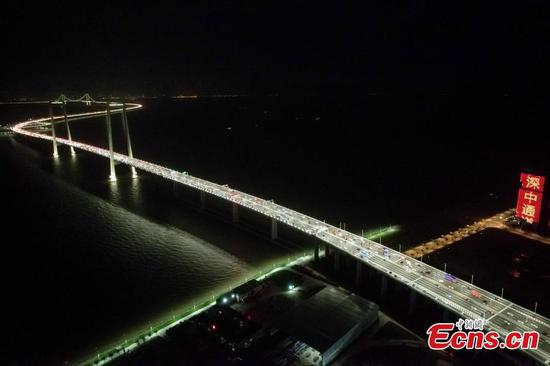

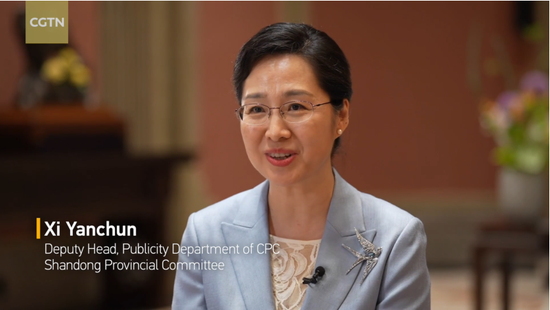



 京公网安备 11010202009201号
京公网安备 11010202009201号